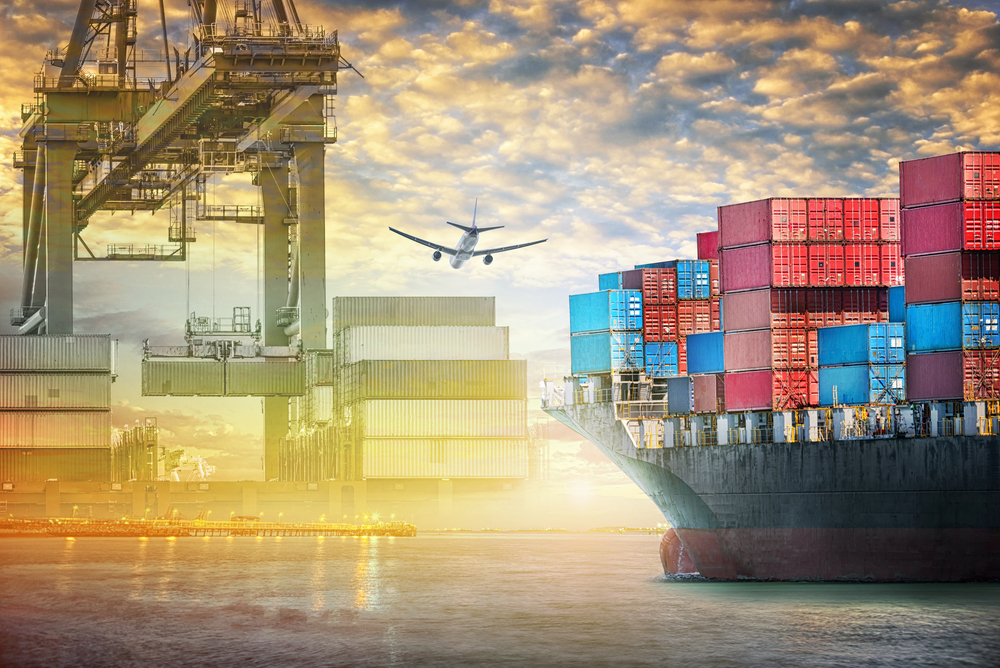Many companies are currently developing driverless cars. We have also seen driverless trucks, although they are still in the very early stages of development. It sounds like we will also have autonomous boats in the future. That is simultaneously a very interesting and a scary trend. Self-driving container ships will soon be swarming the oceans, by the look of things.
Driverless Boats Are an Interesting Development
It is not the first time we have seen companies exploring the opportunities provided by driverless boats. There are thousands of cargo ships crossing the oceans at any given time, so automation makes sense. Automation can improve efficiency, productivity, and cut down on overall costs. Less happily, it will also lead to job cuts if these trials are successful. Such is the double-edged sword of technology.
Autonomous boats may take longer than many people think. The shipping industry certainly could do with some innovation right now, since things have not changed all that much over the past few years. Additionally, it seems that cargo ships have been being scrapped a lot sooner than originally assumed, which creates an adverse effect on the industry as a whole. Additionally, company losses due to mismanagement or bankruptcy is a major problem.
If things go according to plan — which hardly ever happens — we may see the first remotely-operated vessels in operation by 2020. This will only be testing in closed waters rather than exploring the open sea. It will take an additional three to five years until the latter happens. Unmanned ocean vessels will eventually become more common over time, assuming that they can be perfected to some degree in the coming years.
Ships have had autopilot features for quite some time now. These features have evolved substantially over the past few years, growing out to become a full-fledged autopilot feature which requires GPS coordinates to work successfully. However, this is still a far cry from successfully automating travel from one port to another. It appears that will change very soon, and most believe that autonomous shipping is the future of the maritime industry. Smart ships will not necessarily be the same as smartphones, but their impacts could be quite similar in the end.
Indeed, some real progress can be made now that the foundations for autonomous ships are in place. While they may not necessarily be seaworthy — please pardon the pun — they do exist and are ready to be improved upon. No groundbreaking technology need be built from the ground up. That will significantly speed up the process of bringing autonomous ships to life. The required sensor technology is commercially available and the algorithms are close to being finished.
The big question remains why we need automated seafaring, or whether we do at all. Safety is one reason to explore this option, as are efficiency and cost reduction impacts. With no crew to accommodate, ships can become lighter yet offer more cargo space at the same time. We may see a major revolution in the way autonomous ships are designed as well.

